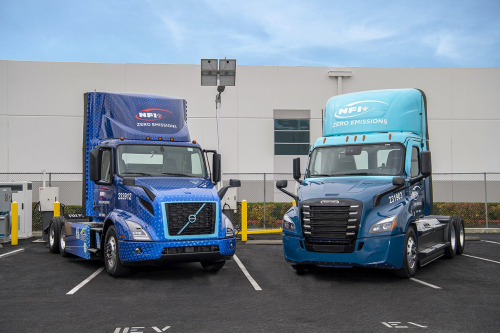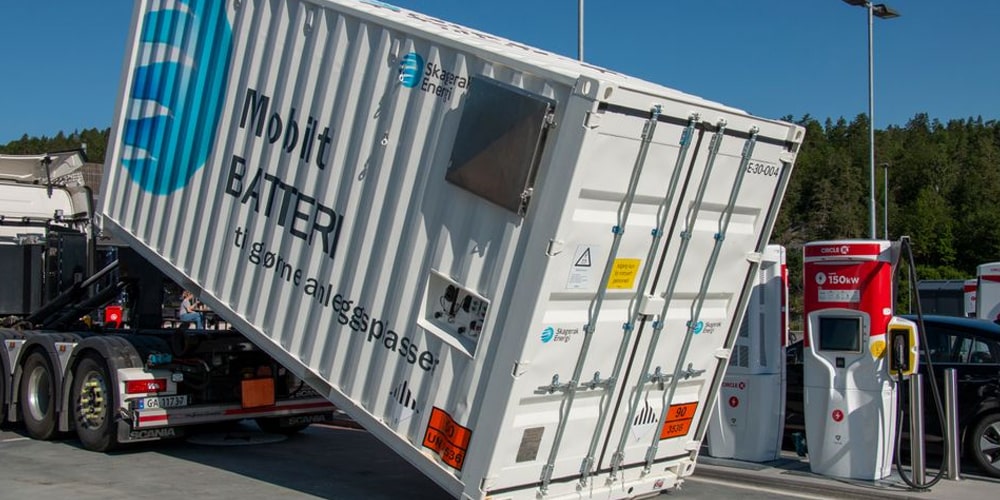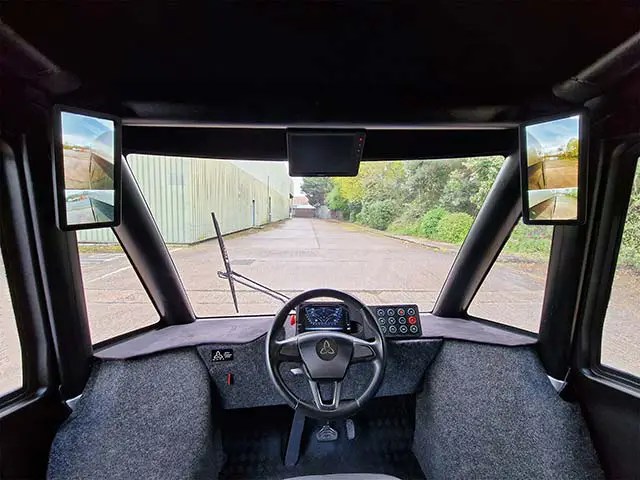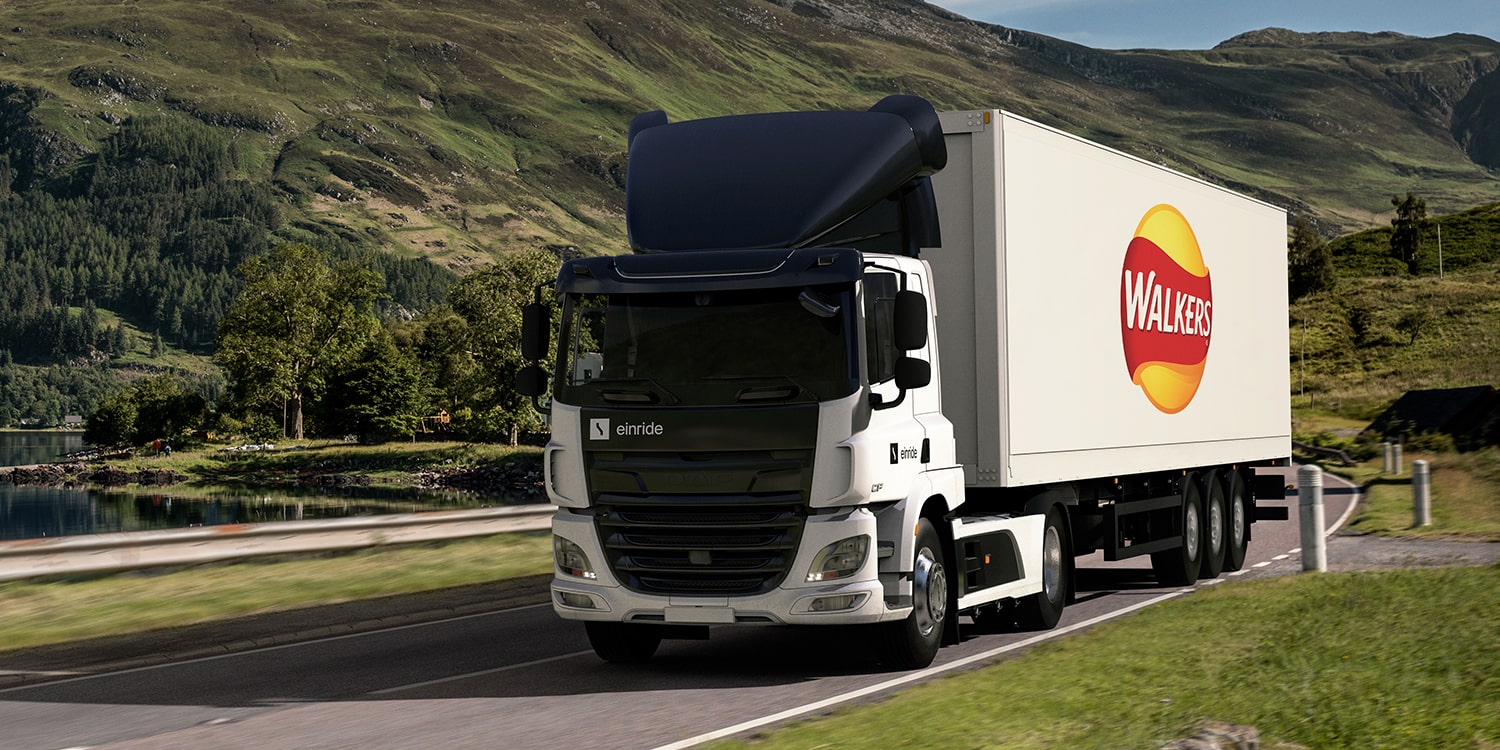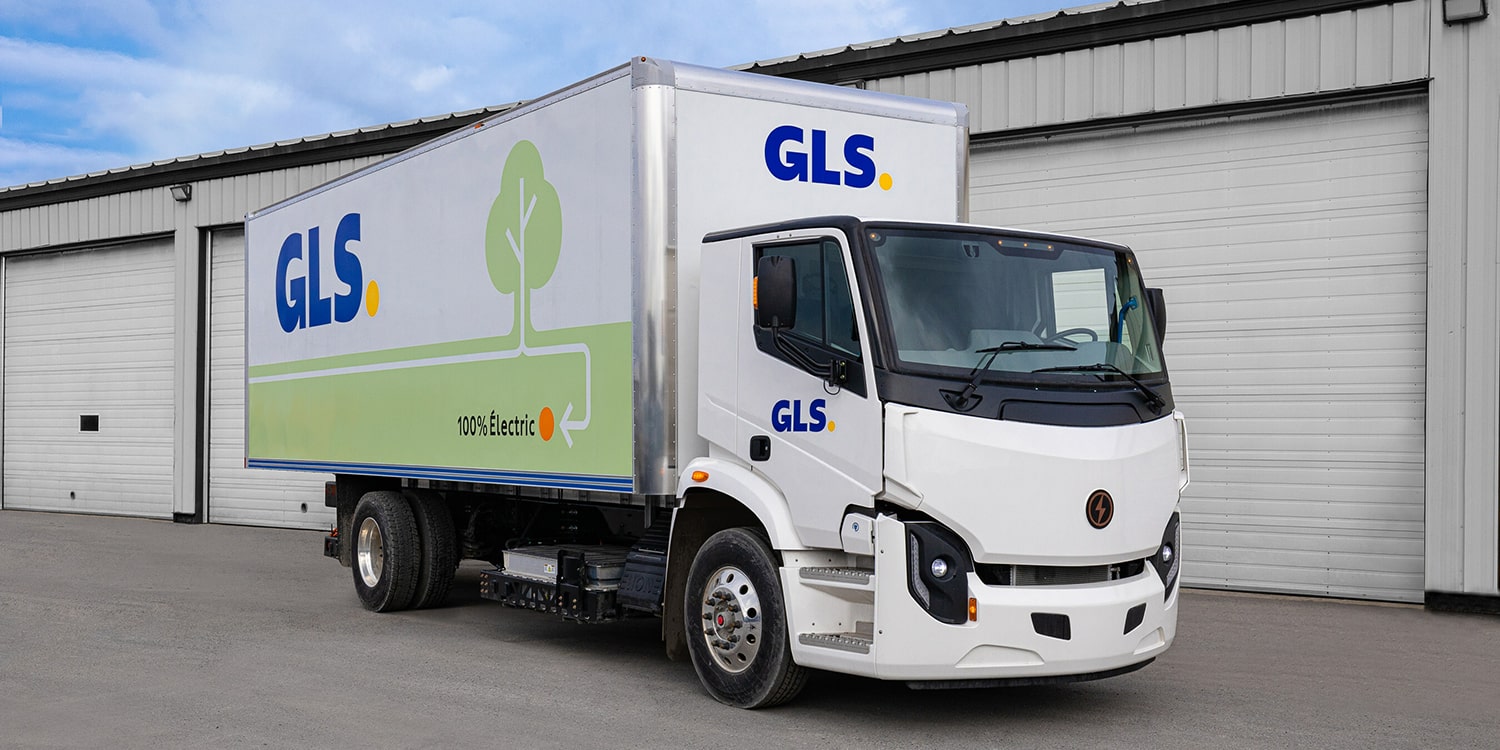US snack company Frito-Lay North America has taken a significant step towards a more sustainable transportation future by partnering with trucking company Schneider to deliver its products via electric semi-trucks. This groundbreaking collaboration marks PepsiCo’s first-ever third-party EV transportation shipment globally, as the parent company of Frito-Lay is committed to reducing its environmental impact by reaching net zero emissions by 2040.
Transportation and distribution account for 20% of PepsiCo’s emissions, making it a critical area for reducing the company’s carbon footprint. By collaborating with partners that distribute its products using EVs, PepsiCo can significantly reduce its environmental impact while ensuring that its products are delivered efficiently and on time.
Schneider, which has purchased nearly 100 eCascadia trucks from Freightliner, a division of Daimler Truck North America, is committed to using cleaner modes of freight transportation to serve its customers. The company expects to have its full new electric semi fleets deployed by the end of the year, which will provide a cleaner, more efficient mode of transportation for Frito-Lay’s products.
Initial shipments using Schneider’s Freightliner eCascadia fleet will be intermodal inbound and outbound dray moves in Southern California, including service to Frito-Lay’s Rancho Cucamonga distribution center. This move is expected to reduce emissions by over 70% this year, compared to the same shipments on diesel trucks, which is equivalent to eliminating more than 180,000 miles driven by gas-powered passenger vehicles.
Frito-Lay’s commitment to sustainable transportation also extends to its other operations. The company introduced 40 Ford eTransit route trucks in a pilot in Dallas-Fort Worth last year, and it recently launched a sustainable facility in Modesto, California, where various types of EVs are being operated.
This partnership between Frito-Lay and Schneider demonstrates the power of collaboration in achieving sustainable transportation goals. As more companies and organizations work together to reduce their environmental impact, we can look forward to a more sustainable and cleaner future for all.


